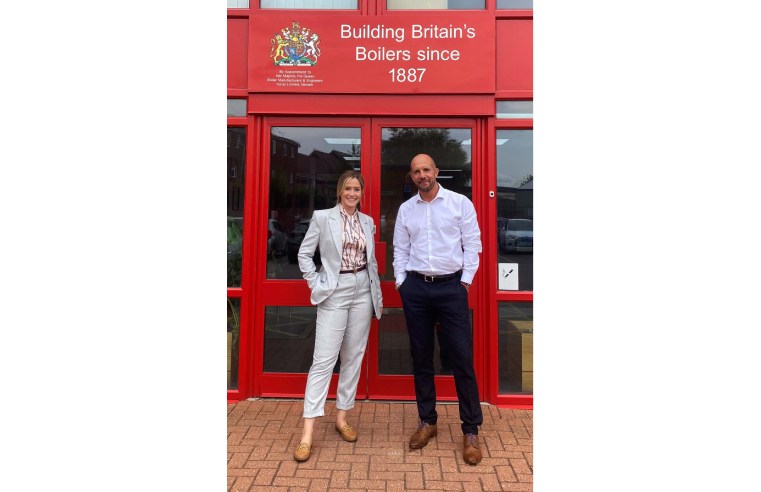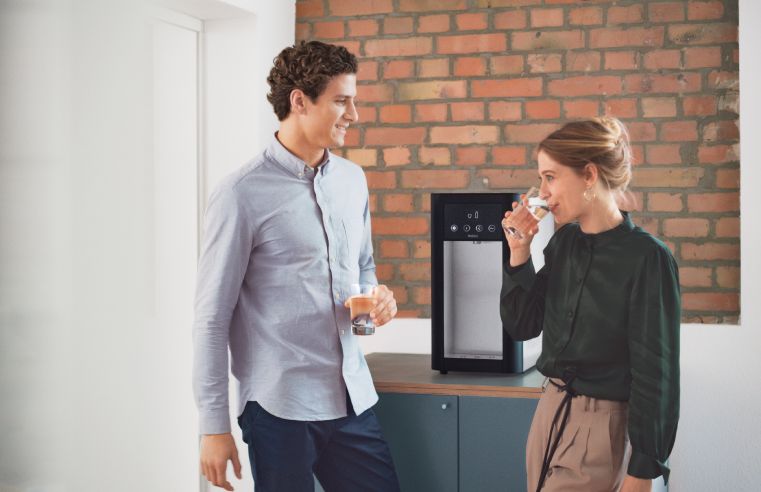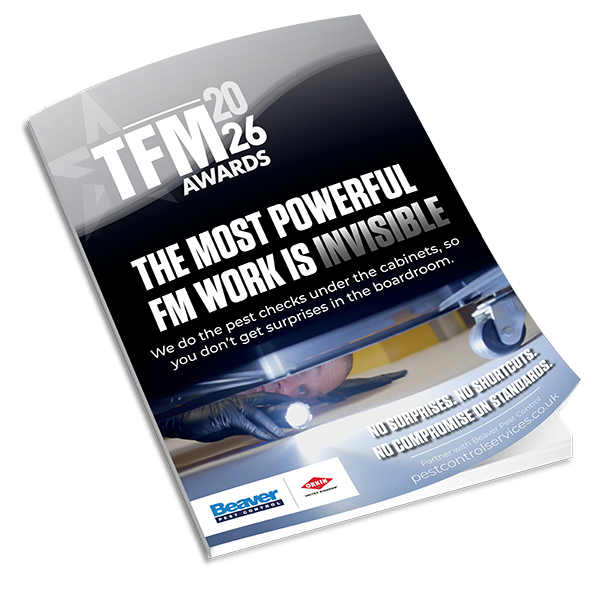WiredScore has announced the launch of a new certification for smart buildings aimed at providing clarity, definition and measurement for the growing smart building industry.
SmartScore certification was developed in response to increasing demand for guidance around what ‘smart’ really means in relation to commercial buildings, and how it can and should be implemented. The certification provides credibility and certainty to an industry rapidly pursuing digital transformation.
By establishing a common standard for smart buildings, SmartScore provides a shared vision for the growing smart building market, which is forecast to be worth $180.9bn by 2025. The SmartScore certification intends to be as complementary as possible, and WiredScore has been working with BREEAM, LEED, RESET and WELL to create alignment with their certifications.
For the past year, WiredScore has been conducting extensive work with the WiredScore Smart Council, comprising over 90 tenants, landlords and property professionals from around the world, to develop an intellectual framework for smart buildings. Together, they have helped define what a smart building is in relation to its outcomes – delivering cost efficiency, enabling sustainability, creating an inspiring experience and staying future-proof.
Globally, 70 buildings in seven countries from 44 landlords are already committed to the SmartScore certification. These landlords include the likes of Allianz Real Estate, Battersea Power Station Development Company, McLaren, Morgan Stanley Real Estate Investing, JLL and Anchor Line Partners, Quadrant, RedTree Capital and Royal London Asset Management.
UK buildings committed to SmartScore certification include 1 Broadgate, 100 Liverpool Street, 11 Belgrave Road, 16 Dufours Place, 160 Old Street, 177 Bothwell Street, 20 Southwark Street, 22 Bishopsgate and 50 Finsbury Square.
The SmartScore certification launches at a critical time for the market when building owners and tenants need to work together to entice employees back into the office. Smart buildings will play a key role in creating more attractive, efficient and sustainable workplaces that allow individual productivity to flourish and where people can meet and collaborate.
Indeed, a new report from WiredScore, ‘Smart buildings. Our future is smart.’ explores how smart building technologies can support owners and tenants in creating workspaces that offer experiences that home working environments can’t match.
The importance of incorporating digital technology to exceed evolving expectations is affirmed by the four fifths of office workers (79%) who say they would like to work within a technologically advanced office, and three fifths (63%) who state that the ability to work in an office that is environmentally sustainable is very important to them.
William Newton, President and EMEA MD at WiredScore, commented: “The real estate industry and the demands put on it by tenants have changed significantly over the last year. The only way that landlords can deliver the experiences and value that are now expected is to become smart. But to do that without really knowing what smart means and how to demonstrate it is impossible. Our hope is that by introducing a definition and a certification by which to measure, landlords will be able to finally take advantage of the benefits that smart buildings offer themselves, their tenants and of course the environment.”



































